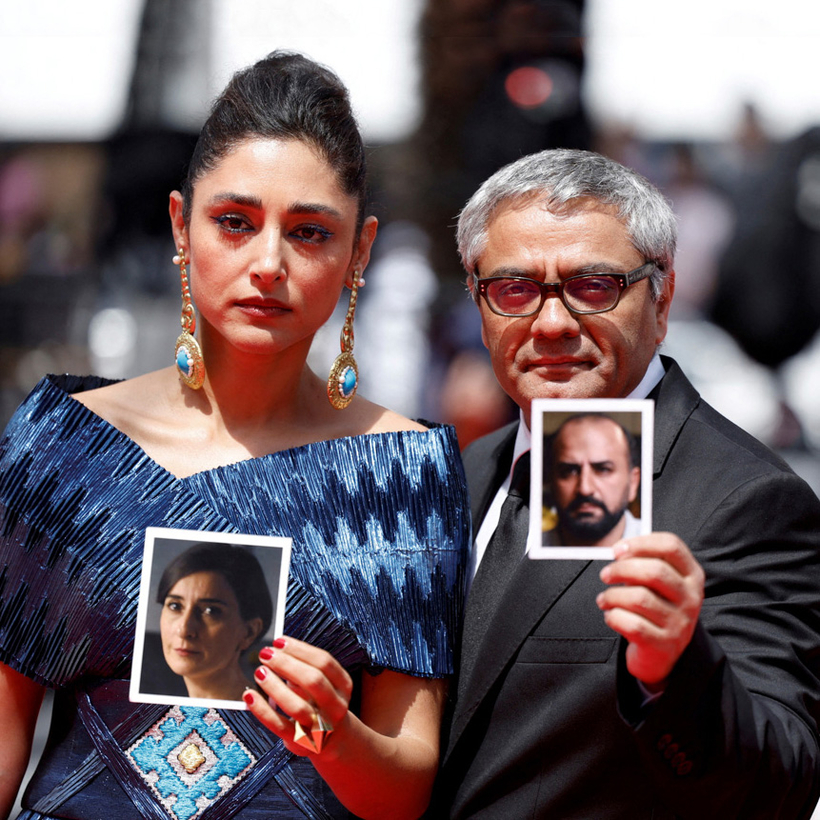The government of Iran has long imposed restrictions on the country’s filmmakers. But after the mass protests sparked by the 2022 death of Mahsa Jina Amini, the 22-year-old Kurdish woman reportedly tortured by the Islamic Republic’s “morality” police for allegedly not wearing her veil correctly, the censorship became even more Draconian. Fewer film permits were issued. Iranian producers were warned that movies featuring actresses who removed their hijabs in support of the Women Life Freedom movement, as it became known, could be banned.
Writer-director Mohammad Rasoulof followed news of the uprising as a political prisoner jailed for the third time. Rasoulof is a vocal critic of the regime, and his films have all been banned in Iran, including the award-winning A Man of Integrity and There Is No Evil. Upon his release, Rasoulof found the spirit of rebellion was still in the air. “Actresses decided to no longer take parts in projects where they had to wear the compulsory headscarf,” he says through an interpreter, adding that many crew members felt the same way. “I received a lot of messages and signals from people who wanted to work my way. This gave me the confidence to find ways to tell stories despite the risks.” Still, he made sure his collaborators understood the possible repercussions of defying the government.

